A quick look at the best ashwagandha supplements
- Best extra strength: | Skip to review
- Best gummies: | Skip to review
- Best capsules: | Skip to review
- Best for sleep: | Skip to review
- Best powder: | Skip to review
- Best for vegans: | Skip to review
Healthline’s picks of the best ashwagandha supplements
.jpg)
Comparing ashwagandha supplements
BrandBest forNumber of servingsDose Priceextra strength120 per container600 mg$14.95gummies30 per container300 mg$19.99capsules60 per container 500 mg$26.20sleep30 per container25 mg$12.97powder72 per container600 mg$38vegan/budget-friendly90 per container 450 mg$10.40How we chose
All brands and products we list go through our comprehensive Healthline review process.
For this roundup, we evaluated the following criteria:
- Ingredients: We favored products crafted from premium ingredients with minimal added sugars and artificial components.
- Quality testing: Beyond ingredient sourcing, we prioritized brands that perform third-party testing and hold certifications indicating safety and purity.
- User reviews: Healthline examines customer feedback to gauge satisfaction with the product and company.
- Brand reputation: We aim to highlight reputable manufacturers. For instance, we verify that brands adhere to labeling standards set by the Food and Drug Administration (FDA).
- Price: We included choices to fit a range of budgets.
What is ashwagandha?
Ashwagandha, sometimes called Indian ginseng, has been used medicinally for centuries, particularly in traditional Ayurvedic practices.
It’s derived from extracts of the roots of an evergreen shrub native to India, Africa, and regions of the Middle East.
It’s regarded as an adaptogenic herb, meaning it contains adaptogens—compounds that may help the body resist the harmful effects of stress.
Among these constituents are withanolides, a class of compounds believed to underlie many of ashwagandha’s benefits, such as reducing stress, enhancing sleep, increasing energy, and supporting overall health.
Types of ashwagandha
Ashwagandha is available in several forms, mainly differing by processing method. The forms commonly used in research and supplements include:
- Root-only extracts: The most traditional form, reflecting Ayurvedic practice.
- Root and leaf extracts: Products that include both parts of the plant.
- Whole root powder or granules: Less refined and less concentrated, so larger amounts are often needed to match the effects of standardized extracts.
- Standardized extracts: Made to contain a set percentage of withanolides for consistent potency.
KSM-66 is an example of a root-only standardized extract designed to deliver a steady withanolide content (about 5%). Numerous clinical trials use KSM-66 because of its consistent and reproducible results. Other common formulations include Sensoril and Shoden, which combine root and leaf extracts.
How to take it
Ashwagandha is sold in capsules, powders, and liquid extracts.
Most clinical trials use doses of standardized extracts up to 300–600 mg per day containing around 2.5% to 5% withanolides, while whole root powders often require higher amounts.
Some people prefer taking it in the morning to support alertness and focus, while others take it at night to promote relaxation and sleep. Read our guidance on ashwagandha in the morning or night to decide what might work best for you.
Powders mix easily into water, milk, or smoothies, and capsules or tablets should be swallowed with water.
»Learn more:Ashwagandha Dosage for Different EffectsBenefits of ashwagandha
According to a 2023 review, potential health benefits linked to ashwagandha include:
- Brain and neuroprotection: May support memory and learning, protect neurons, reduce brain inflammation, and lower harmful proteins associated with Alzheimer’s disease.
- Mental health and mood: May reduce stress and anxiety, alleviate symptoms of obsessive-compulsive disorder (OCD), and help with alcohol withdrawal.
- Immune and anti-inflammatory: May decrease inflammation, enhance immune cell activity, and support natural killer cell function.
- Antibacterial and antifungal: May inhibit harmful bacterial growth, combat fungal infections, and support oral and gut health.
- Reproductive health: May improve sperm quality and motility, aiding male fertility.
- General health and longevity: May protect cells from oxidative damage and support healthy aging.
That said, research on ashwagandha is still developing. Additional studies are necessary to confirm these uses and to establish optimal dosing guidelines.
Safety and side effects
Ashwagandha appears safe for roughly short- to mid-term use, though long-term safety remains unclear.
Possible side effects include drowsiness, stomach upset, diarrhea, and vomiting. Rarely, use has been associated with liver injury.
You should avoid ashwagandha if you:
- are pregnant or breastfeeding
- are scheduled for surgery
- have an autoimmune condition
- have a thyroid disorder
- have hormone-sensitive prostate cancer
- are taking immunosuppressants, sedatives, anticonvulsants, or medications for thyroid hormones, diabetes, or hypertension
Frequently asked questions
What form of ashwagandha is most effective?
Several forms of ashwagandha exist, varying by preparation.
The four primary forms found in research and supplements are:
- root-only extracts
- root and leaf extracts
- whole root powder or granules
- standardized extracts
Standardized extracts such as KSM-66 (root only) and Sensoril (root and leaf) are the most researched and frequently recommended for general wellness.
What is the most trusted brand of ashwagandha?
The most reliable brand depends on quality, certifications, and customer reviews.
Brands like Nutricost, Nature Made, New Chapter, Now Foods, and Pure Encapsulations are commonly cited for offering quality ashwagandha products.
When selecting a supplement, choose products with transparent sourcing, relevant certifications, and positive user feedback.
What is the best variety of ashwagandha?
The best variety depends on your goals and preferred form of use. Two well-studied options are KSM-66 and Sensoril.
KSM-66 is derived solely from the root and is often chosen for stress relief and overall wellness. Sensoril includes both root and leaf and may provide stronger effects for stress and cognitive support.
What level of ashwagandha is best?
Most clinical trials use 300 to 600 mg per day of a standardized extract containing 2.5% to 5% withanolides, typically divided into one or two doses.
Optimal dosing can vary based on the form, individual tolerance, and health objectives. Follow product directions and consult a healthcare provider for personalized advice.
The bottom line
Ashwagandha may help the body handle stress, enhance sleep quality, and support overall well-being.
While generally considered safe for short-term use, it’s important to adhere to recommended dosages and consult a healthcare provider if you have underlying health issues or take medications.
Choosing a high-quality, reputable product—available in various forms and strengths—can help you obtain the most consistent benefits.
As research progresses, ashwagandha continues to look like a promising natural option for supporting both mental and physical health.

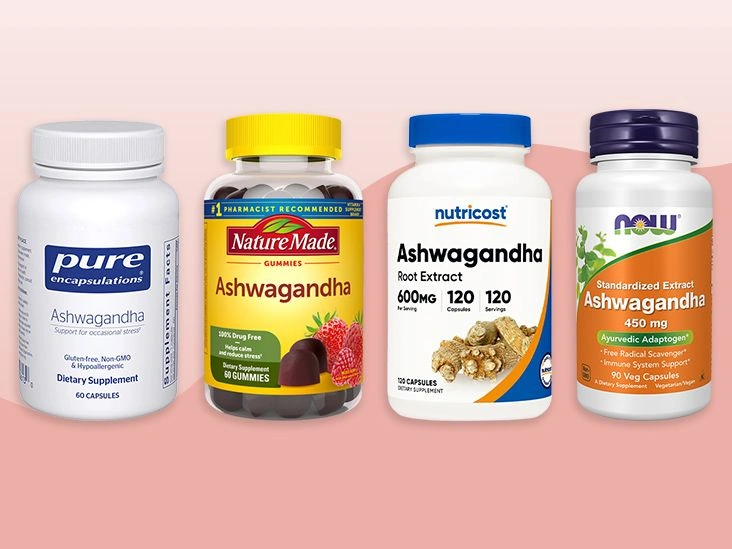

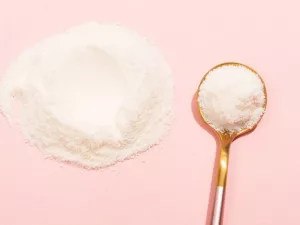
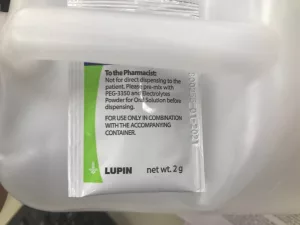









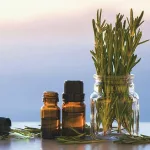
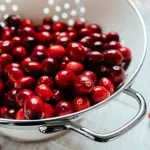









Leave a Reply
You must be logged in to post a comment.